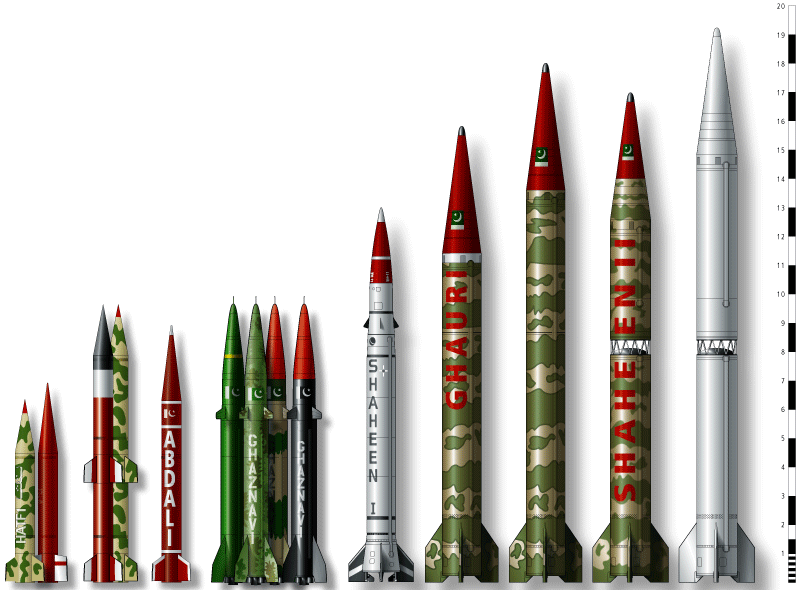التقرير الاول :
Jan 29, 2013 | Last Updated: Jan 29, 2013 - 8:03 UTC
Canadian officials have expressed private concerns about Saudi Arabia's nuclear intentions, repeating in internal documents their fears that the Persian Gulf state could try to acquire atomic weapons if Iran managed to acquire the bomb.
The concerns, raised in briefing notes prepared for Foreign Affairs Minister John Baird in advance of a trip to the Gulf region last March, were cited as a key reason to reject any Canada-Saudi nuclear co-operation.
The warning highlights the fine line the Harper government must walk as it seeks to increase exports of Canadian nuclear technology and materiel such as uranium while ensuring Canada doesn't help spread nuclear weapons.
Officials noted Saudi Arabia plans to install 16 nuclear reactors worth $80 billion over the next 20 years, and the Gulf state has entered into nuclear relations with a number of countries around the world.
"However, minimal (International Atomic Energy Agency) safeguards are in place in SA to verify peaceful uses of nuclear energy," the briefing note reads, "and it has refused to accept strengthened safeguards.
"Many observers question SA's nuclear intentions, especially if Iran were to acquire a nuclear weapons capability," the note adds. "As a result, SA does not meet Canada's requirements for nuclear co-operation."
Iran has been the focal point of concerns about nuclear weapons in the Middle East, but a former Saudi intelligence chief and ambassador to the U.S. hinted in December 2011 the Gulf state could build a nuclear arsenal if it found itself caught between a nuclear-armed Iran and Israel.
أعرب المسؤولون الكنديون مخاوف خاصة حول النوايا النووية في المملكة العربية السعودية، وتكرار في وثائق داخلية مخاوفهم أن الدولة السعودية يمكن أن تحاول الحصول على أسلحة نووية إذا تمكنت إيران من الحصول على قنبلة نووية.
والمهم في التقرير ايضا :
ان السعودية تخطط لبناء18 مفاعلا نوويا بقيمة 80مليار على 20 سنه
وايضا كندا تبدي مخاوفها بعد تصريح الامير تركي الفيصل عن امتلاكنا للساح النووي لو امتلكته ايران
Jan 29, 2013 | Last Updated: Jan 29, 2013 - 8:03 UTC
Canadian officials have expressed private concerns about Saudi Arabia's nuclear intentions, repeating in internal documents their fears that the Persian Gulf state could try to acquire atomic weapons if Iran managed to acquire the bomb.
The concerns, raised in briefing notes prepared for Foreign Affairs Minister John Baird in advance of a trip to the Gulf region last March, were cited as a key reason to reject any Canada-Saudi nuclear co-operation.
The warning highlights the fine line the Harper government must walk as it seeks to increase exports of Canadian nuclear technology and materiel such as uranium while ensuring Canada doesn't help spread nuclear weapons.
Officials noted Saudi Arabia plans to install 16 nuclear reactors worth $80 billion over the next 20 years, and the Gulf state has entered into nuclear relations with a number of countries around the world.
"However, minimal (International Atomic Energy Agency) safeguards are in place in SA to verify peaceful uses of nuclear energy," the briefing note reads, "and it has refused to accept strengthened safeguards.
"Many observers question SA's nuclear intentions, especially if Iran were to acquire a nuclear weapons capability," the note adds. "As a result, SA does not meet Canada's requirements for nuclear co-operation."
Iran has been the focal point of concerns about nuclear weapons in the Middle East, but a former Saudi intelligence chief and ambassador to the U.S. hinted in December 2011 the Gulf state could build a nuclear arsenal if it found itself caught between a nuclear-armed Iran and Israel.
أعرب المسؤولون الكنديون مخاوف خاصة حول النوايا النووية في المملكة العربية السعودية، وتكرار في وثائق داخلية مخاوفهم أن الدولة السعودية يمكن أن تحاول الحصول على أسلحة نووية إذا تمكنت إيران من الحصول على قنبلة نووية.
والمهم في التقرير ايضا :
ان السعودية تخطط لبناء18 مفاعلا نوويا بقيمة 80مليار على 20 سنه
وايضا كندا تبدي مخاوفها بعد تصريح الامير تركي الفيصل عن امتلاكنا للساح النووي لو امتلكته ايران















تعليق